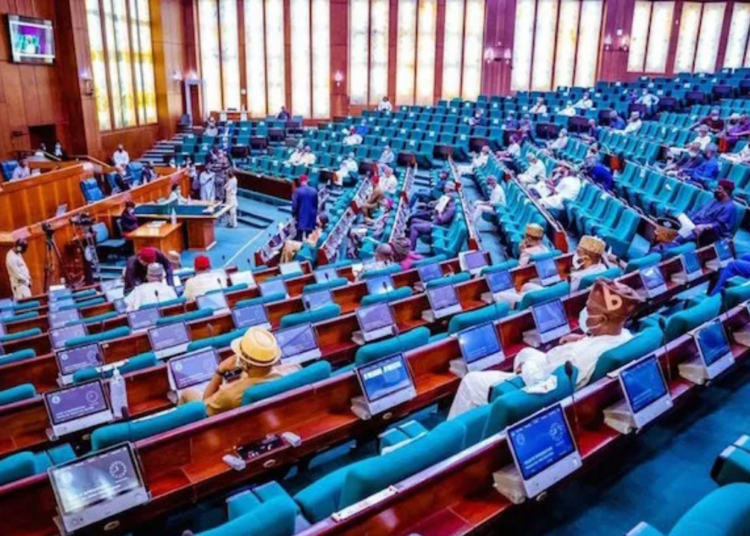The House of Representatives has advocated the adoption of non-kinetic strategies such as diplomatic dialogue, economic empowerment, psychological interventions and community-based initiatives in tackling insecurity in the country.
Speaker Abbas Tajudeen gave this indication while declaring open the workshop for security based House Committees on Non-kinetic strategies to combat insecurity and terrorism in Nigeria held at Abuja Continental Hotel yesterday.
Abbas noted that Nigeria had been grappling with terrorism, banditry as well as other forms of insecurity for many years and her response relied heavily on the use of force, with significant resources devoted to military operations.
“Over the last two decades, billions of dollars have been spent on defence and security. Between 2008 and 2018, around $16 billion was allocated to defence, representing more than 10 per cent of the federal budget over that period.
“In 2020, the total budget for security accounted for 16.8 per cent of the total budget of $27.9 billion. In 2024, N3.25 trillion has been allocated to the defence and security sector, representing 12 per cent of the national budget,” he said.
The speaker said these figures highlighted the significant financial commitment to security, but they also underscored the need to consider more efficient and cost-effective approaches.
Abbas said resources often diverted to combat insecurity could be more prudently invested in critical sectors such as education, healthcare, and infrastructure, which are fundamental to national well-being.
“By prioritising friendly, non-kinetic measures, we can achieve sustainable security solutions while reducing the economic strain and ensuring these vital sectors receive the attention they deserve,” he said.
The lawmaker said that in addition to the financial costs, the evolving nature of security threats revealed the limitations of relying solely on military action.
“The threats we face today, including extremist ideologies, banditry, organised crime, and transnational networks, are complex and deeply entrenched in economic and social inequalities. Focusing on force alone risks treating symptoms rather than the underlying causes of insecurity.
“In Nigeria, we have seen some success with non-kinetic measures. Programmes such as Operation Safe Corridor, which focuses on the deradicalisation and rehabilitation of former insurgents, have contributed to stability in affected regions. These efforts demonstrate that alternative strategies can play a meaningful role in addressing insecurity. Globally, economic measures have also been effective.
“…In Nigeria, the brief implementation of the cashless policy and the attempted currency redesign in early 2023 demonstrated the potential of financial measures to combat insecurity. They notably disrupted the financial networks that facilitate crimes such as kidnapping and banditry.
“As we deliberate during this workshop, I encourage us to recognise the value of non-kinetic approaches alongside military efforts. A balanced strategy that addresses both immediate threats and long-term causes is essential for building a secure and stable society,” he said.
Speaker Abbas announced the formation of a Standing Committee on Peacebuilding and Social Cohesion in the House in recognition of the significance of non-kinetic strategies.
He said the committee would develop policies and legislative frameworks to foster peace and stability, adding that it is the first committee of its kind in Nigeria and potentially in Africa.
Earlier, the resident Representative of Konrad Adenauer Stiftung (KAS), Marija Peran, emphasised the importance of non-kinetic strategies in creating sustainable peace and security, adding that the military might alone cannot solve Nigeria’s complex security problems.
“Non-kinetic approaches, which focus on addressing the root causes of conflict and fostering sustainable peace, are essential for creating a secure and stable Nigeria,” Peran said.





